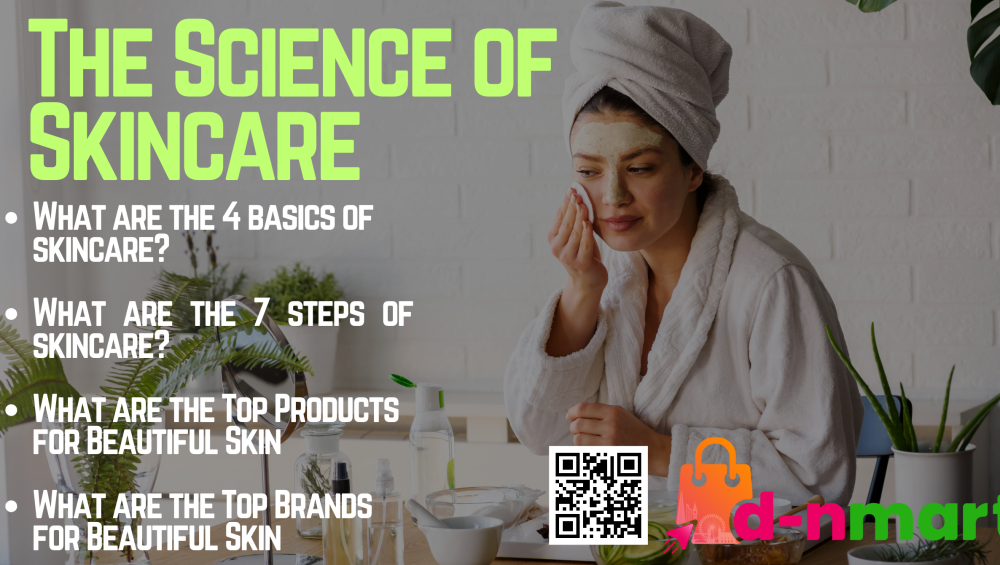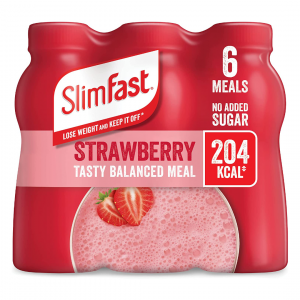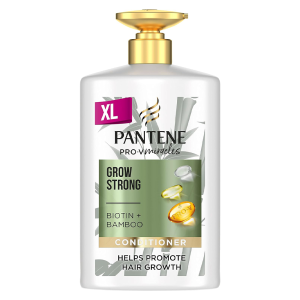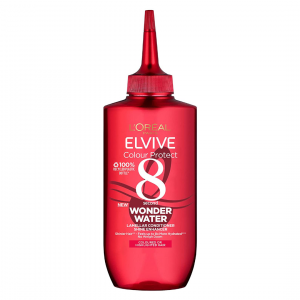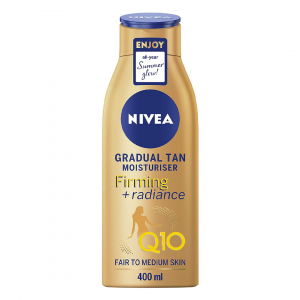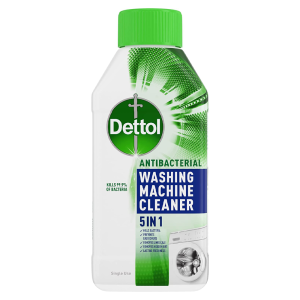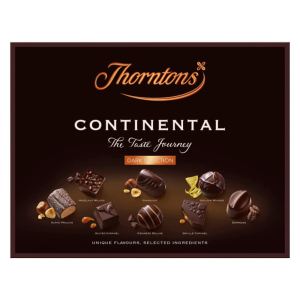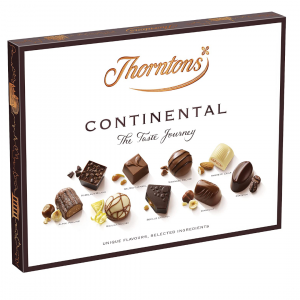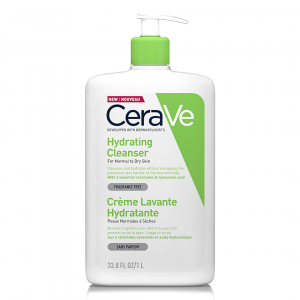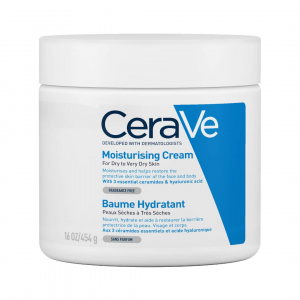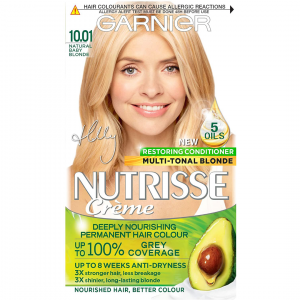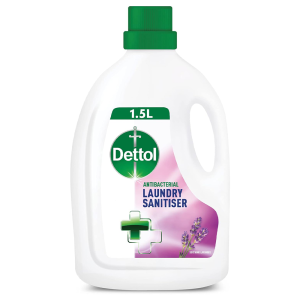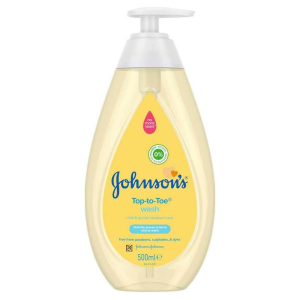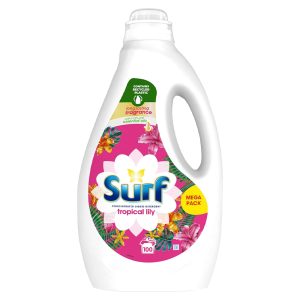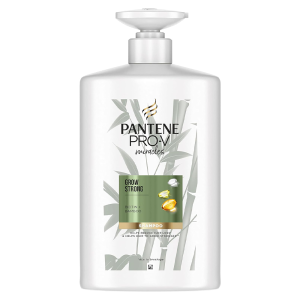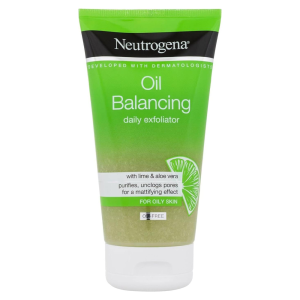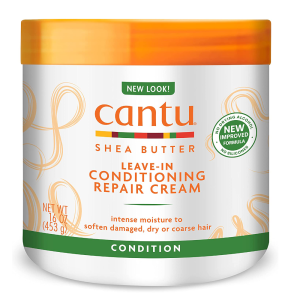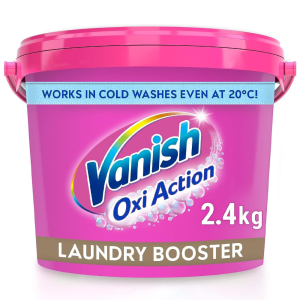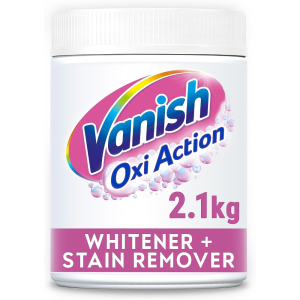The science of skincare is a multifaceted field that combines biology, chemistry, dermatology, and cosmetic science to understand how different products and practices can affect the health and appearance of the skin. Skincare is not only about addressing cosmetic concerns but also about maintaining and improving the skin’s overall health.
Here are some key aspects of the science of skincare:
- Skin Anatomy and Physiology: To understand skincare, it’s essential to know the basics of skin anatomy and physiology. The skin is the body’s largest organ, and it has multiple layers, each with distinct functions. These layers include the epidermis, dermis, and subcutaneous tissue. Understanding how these layers work is crucial for skincare professionals.
- Skin Types: Different people have different skin types, such as dry, oily, combination, sensitive, or normal. Understanding your skin type is the first step in developing an effective skincare routine.
- Skin Concerns: Skincare products and routines can address a wide range of skin concerns, including acne, aging, hyperpigmentation, dryness, and sensitivity. Understanding the causes and treatments for these concerns is fundamental in skincare science.
- Ingredients: Skincare products often contain a variety of active and inactive ingredients. Understanding the role of these ingredients and how they interact with the skin is crucial. For example, common skincare ingredients like retinoids, hyaluronic acid, and antioxidants have specific effects on the skin.
- Formulation: Skincare products are carefully formulated to ensure stability, effectiveness, and safety. Formulation science involves selecting the right ingredients, concentrations, and delivery systems to achieve the desired skincare outcomes.
- Skin Barrier Function: The skin’s barrier function is vital in maintaining skin health. It prevents moisture loss, protects against environmental factors, and maintains a balanced pH. Skincare products often aim to support or repair the skin barrier.
- Sun Protection: UV radiation from the sun can cause skin damage, premature aging, and increase the risk of skin cancer. Sunscreen is a critical component of any skincare routine, and understanding SPF (Sun Protection Factor) and UVA/UVB protection is important.
- Clinical Dermatology: Dermatologists are medical doctors who specialize in skin health. They diagnose and treat various skin conditions and may recommend medical skincare solutions when over-the-counter products aren’t effective.
- Clinical Trials and Research: Skincare products often undergo clinical trials to assess their safety and efficacy. Scientific research continually informs the development of new skincare products and techniques.
- Ethical and Sustainable Practices: Many people are now more conscious of the environmental and ethical impact of skincare products. Understanding sustainable and ethical practices in the skincare industry is essential for those interested in the science of skincare.
- Personalized Skincare: Advancements in technology, such as genetic testing and skin analysis tools, are enabling more personalized skincare regimens based on an individual’s unique needs and genetic predispositions.
The science of skincare is continually evolving, with ongoing research and innovation. For anyone interested in skincare, it’s essential to stay informed about the latest developments, consult with skincare professionals, and adapt your routine to meet your specific needs and goals while considering the principles of skin health and protection.
What are the 4 basics of skincare?
The four basic principles of skincare are often referred to as the foundation of a good skincare routine. These principles are designed to help you maintain healthy, radiant skin.
They include:
- Cleansing: Proper cleansing is essential to remove dirt, oil, makeup, and impurities from your skin. Cleansing helps prevent clogged pores, breakouts, and the buildup of debris that can dull your complexion. Use a gentle cleanser suitable for your skin type (e.g., foaming cleanser for oily skin, cream cleanser for dry skin) and cleanse your face twice a day, typically in the morning and before bedtime.
- Toning: Toning helps balance the skin’s pH levels, remove any remaining traces of dirt or cleanser, and prepare the skin to better absorb moisturizers and serums. Toners come in various formulations, including hydrating toners, astringents for oily skin, and soothing toners for sensitive skin. Apply toner after cleansing, either with a cotton pad or by patting it onto your skin with clean hands.
- Moisturizing: Moisturizers are crucial for maintaining skin hydration. They help lock in moisture and create a protective barrier against environmental factors that can lead to dryness and damage. Choose a moisturizer appropriate for your skin type, whether it’s a lightweight lotion for oily skin or a richer cream for dry skin. Apply moisturizer in the morning and evening after cleansing and toning.
- Sun Protection: Sunscreen is one of the most important steps in skincare. UV radiation from the sun can cause premature aging, sunburn, and an increased risk of skin cancer. Apply a broad-spectrum sunscreen with at least SPF 30 in the morning, even on cloudy days, and reapply as needed, especially if you’re outdoors. Sunscreen should be the final step in your morning skincare routine.
These four basics of skincare provide a solid foundation for a daily skincare routine. Depending on your specific skin type and concerns, you can tailor your routine by incorporating additional products like serums, exfoliants, and treatments. It’s essential to choose products that are appropriate for your skin type and concerns, and it’s a good idea to consult with a dermatologist or skincare professional for personalised recommendations.
What are the 7 steps of skincare?
A comprehensive skincare routine often includes seven steps, each serving a specific purpose in maintaining healthy and radiant skin. These steps can be adapted and customised based on individual skin types and concerns.
Here are the seven steps of a typical skincare routine:
- Cleansing: Begin your routine by cleansing your face to remove dirt, makeup, and impurities. Use a gentle, sulfate-free cleanser suited to your skin type. Cleansing helps prepare your skin to absorb the subsequent products more effectively.
- Toning: Apply a toner to rebalance your skin’s pH levels, remove any leftover traces of cleanser, and provide additional hydration. Toners come in various formulations, so choose one that suits your skin’s needs.
- Exfoliation (1-2 times a week): Exfoliation involves the removal of dead skin cells to reveal fresher, brighter skin beneath. You can choose between physical exfoliants (scrubs) or chemical exfoliants (products containing alpha or beta hydroxy acids). Be cautious not to over-exfoliate, as it can lead to skin irritation.
- Serum: Serums are concentrated formulations designed to address specific skincare concerns. Whether you’re targeting issues like aging, hyperpigmentation, or hydration, choose a serum that matches your needs. Apply it after toning.
- Moisturizing: Apply a moisturizer to help lock in hydration and create a protective barrier. Choose a moisturizer appropriate for your skin type, whether it’s a lightweight lotion or a richer cream. Moisturizing is a crucial step even if you have oily skin.
- Eye Cream: Eye creams are specially formulated for the delicate skin around the eyes. They can help reduce the appearance of puffiness, dark circles, and fine lines. Gently pat a small amount of eye cream around the eye area.
- Sun Protection: Finish your morning routine with sunscreen to protect your skin from harmful UV rays. Choose a broad-spectrum sunscreen with at least SPF 30, and reapply as needed throughout the day, especially if you’re exposed to sunlight.
This seven-step skincare routine is a comprehensive approach to maintaining skin health and addressing various concerns. It’s important to note that the order of these steps is crucial for product absorption and effectiveness. Additionally, in the evening, you may omit the sunscreen step and may incorporate other treatments like retinoids or specific night creams.
Customizing your skincare routine to your skin type and concerns is essential. Consult with a dermatologist or skincare professional if you’re unsure about which products are best for you, and remember that consistency is key in achieving long-term skincare goals.
What are the Top Products for Beautiful Skin
Achieving and maintaining beautiful skin depends on various factors, including genetics, lifestyle, and skincare practices. There is no one-size-fits-all approach, as what works for one person may not work for another. However, there are some essential products and ingredients that are commonly recommended for promoting healthy and beautiful skin.
Here are what we think some top products and ingredients to consider:
- Cleanser: A gentle, sulfate-free cleanser is essential for removing dirt, makeup, and impurities from your skin without stripping its natural oils. Cleansing is the first step in any skincare routine and sets the foundation for other products to work effectively.
- Sunscreen: Sunscreen is one of the most critical products for maintaining beautiful skin. Protecting your skin from harmful UV rays helps prevent premature aging, sunburn, and reduces the risk of skin cancer. Look for a broad-spectrum sunscreen with at least SPF 30, and use it daily, even on cloudy days.
- Moisturizer: Proper hydration is key to maintaining healthy and beautiful skin. A moisturizer helps lock in moisture, prevent dryness, and create a protective barrier against environmental stressors. Choose a moisturizer suited to your skin type.
- Serums: Serums are concentrated formulations designed to address specific skincare concerns. Common serums include vitamin C serums for brightening, hyaluronic acid serums for hydration, and retinol serums for anti-aging. Select a serum that matches your particular needs.
- Retinoids: Retinoids, such as retinol, are potent ingredients for anti-aging. They can help reduce the appearance of fine lines and wrinkles, improve skin texture, and promote collagen production. Start with a lower concentration and gradually increase to prevent skin irritation.
- Exfoliants: Exfoliants, including chemical exfoliants like alpha hydroxy acids (AHAs) and beta hydroxy acids (BHAs), help remove dead skin cells, improve skin texture, and reduce the appearance of clogged pores and fine lines. Use them 1-2 times a week.
- Antioxidants: Antioxidant-rich products, often containing ingredients like vitamin C, vitamin E, or green tea extract, help protect the skin from free radical damage caused by environmental factors. They can also promote a more even skin tone.
- Hydrating Masks: Weekly or bi-weekly hydrating masks can provide an extra boost of moisture and nourishment to the skin. Look for masks with ingredients like hyaluronic acid, aloe vera, or glycerin.
- Eye Cream: Eye creams are formulated for the delicate skin around the eyes. They can help reduce puffiness, dark circles, and fine lines. Choose an eye cream with ingredients like peptides or hyaluronic acid.
- Face Oils: Some people benefit from incorporating facial oils into their routine, especially if they have dry or mature skin. Oils like argan oil, rosehip oil, or jojoba oil can provide added hydration and nourishment.
It’s important to remember that consistency is key in skincare, and it may take time to see results from products. Additionally, it’s crucial to choose products that suit your specific skin type and concerns. Consulting with a dermatologist or skincare professional can provide you with personalised recommendations for achieving and maintaining beautiful skin.
What are the Top Brands for Beautiful Skin
There are numerous skincare brands on the market, each with its own line of products. What works best for achieving beautiful skin can vary depending on your skin type, concerns, and personal preferences.
Here are some well-regarded skincare brands known for producing high-quality products:
- CeraVe: CeraVe is known for its gentle, dermatologist-developed products that focus on hydration and barrier repair. Their products are suitable for sensitive skin and often include ceramides, hyaluronic acid, and other nourishing ingredients.
- Neutrogena: Neutrogena offers a wide range of skincare products, from cleansers to sunscreens. They are known for their accessibility and affordability, making them a popular choice for many.
- La Roche-Posay: La Roche-Posay is a French skincare brand that specializes in products for sensitive and problematic skin. Their offerings often include thermal spring water and gentle, hypoallergenic formulas.
- Eucerin: Eucerin is a brand that focuses on products for dry and sensitive skin. Their formulations often include ingredients like urea and ceramides to provide intense hydration.
- Paula’s Choice: Paula’s Choice is well-regarded for its science-backed formulations. They offer a variety of products, including exfoliants, serums, and moisturizers, all of which are fragrance-free and cruelty-free.
- Skinceuticals: Skinceuticals is known for its advanced skincare products, including vitamin C serums and antioxidants. Their products are frequently recommended by dermatologists.
- Dermalogica: Dermalogica offers a range of skincare products tailored to different skin types and concerns. They are known for their clean formulations and effective solutions.
- The Ordinary: The Ordinary is a brand that focuses on simplicity and transparency in its ingredient lists. They offer a wide range of affordable, single-ingredient solutions for various skincare concerns.
- Drunk Elephant: Drunk Elephant is known for its “clean-clinical” approach to skincare, avoiding ingredients like fragrances and essential oils. Their products often feature natural ingredients and are popular among those with sensitive skin.
- Elemis: Elemis is a luxury skincare brand that offers a wide array of products, including anti-aging solutions and spa-inspired treatments.
- Tatcha: Tatcha blends traditional Japanese skincare practices with modern formulations. They offer luxurious skincare products known for their elegance and efficacy.
- Clinique: Clinique is a well-established brand that focuses on allergy-tested, fragrance-free products. Their skincare lines cater to various skin types and concerns.
- Sunday Riley: Sunday Riley is known for its high-performance skincare products that often contain advanced active ingredients. Their products are popular among those looking for visible results.
- Glossier: Glossier is known for its minimalist, “skin-first” approach to beauty. They offer a range of skincare and makeup products with a focus on simplicity and a natural look.
- Kiehl’s: Kiehl’s is a long-standing brand with a wide selection of skincare products. They offer both basic skincare essentials and specialty treatments.
When choosing a skincare brand, it’s important to consider your specific skin type and concerns, as well as your budget and personal preferences. It’s also a good idea to consult with a dermatologist or skincare professional to receive personalized recommendations. Beautiful skin often requires a consistent routine and patience, so finding the right products for your needs is essential.
D-NMart

